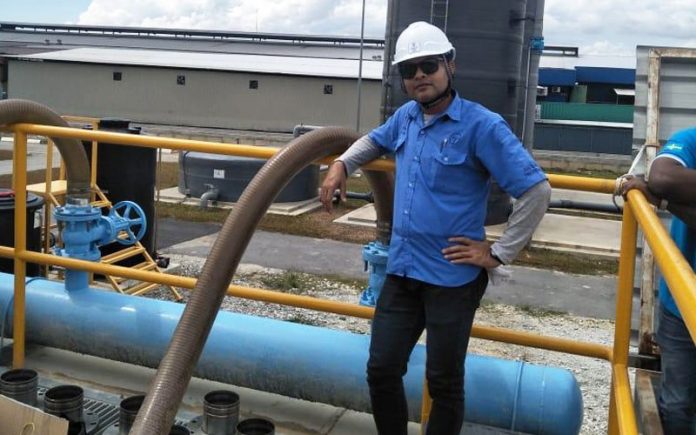
PETALING JAYA: Enticed by better economic opportunities and the prospect of long-term financial stability, migrants often find the grass may not be greener on the other side when they arrive in Malaysia.
Although they have helped lay the foundation of the country’s robust economic growth since the 1980s, the efforts of migrant workers have seemingly gone unnoticed in Malaysia – and stories of poor living conditions, high recruitment fees and long working hours are rife among such communities.
Their tales are not all doom and gloom though, and with the United Nations celebrating International Migrants Day today, FMT spent some time talking to one of the most underappreciated segments of society to find out their thoughts about their host country.
Mohamad, 43, is an Indian national who has spent nearly half his life in Malaysia. Migrating here 20 years ago in search of better job prospects, Mohamad, who used to manage a nasi kandar restaurant in Penang, was all smiles when asked about his two decades in the country.
“Malaysia is a good place to work,” said Mohamad, who now manages a grocery store in Puchong.
“The climate is good, the food is great, the language is easy to learn and the people are friendly. I’ve never had any problems living here.”
While Mohamad may be grateful to be living and working in the country, not all Malaysians share his enthusiasm.
An International Labour Organization (ILO) survey last year found that nearly half of the 1,009 respondents in Malaysia believed that migrant workers are a drain on the national economy, with 82% associating migrant workers with high crime rates and 68% stating that the influx of migrant workers threatens Malaysia’s culture and heritage.
The report also found that 58% of Malaysians believe migrants commit a high number of crimes and 44% believe migrant workers have poor work ethics and cannot be trusted.
Previous interviews with civil society groups identified racism and xenophobia as among the key factors contributing to Malaysians’ poor attitude towards migrant workers.
Stating that Malaysians’ negative attitudes stem from the labels given to migrants as “temporary” or “low-skilled” workers, North-South Initiative executive director Adrian Pereira said it positions migrant workers in a lower social strata compared to other sectors or jobs which Malaysians and professionals do.
Noting that existing populations may become fearful of having to compete with migrant communities for social, economic and political resources, Tenaganita executive director Glorene Das said that these deep-seated fears are then transformed into negative attitudes which are subsequently directed back at the migrant communities.

For Nepali security guard Bikram, though, such fears seem to be unfounded.
“I can’t really say I have been the subject of any racist abuse or other negative behaviour since I got here,” said the 28-year-old who has been working in Petaling Jaya for the past three years.
“We mostly keep to ourselves and we don’t really mingle much outside anyway. Most of our days are spent working.
“We are just here to earn a living and we don’t want any tension with the local communities.”
There are more than 1.7 million migrant workers across the country, with many working in industrial areas. However, there are around twice as many undocumented migrants in the country.
As the United Nations noted, migrants – like many of those who find themselves living on the margins of society – are disproportionately affected by Covid-19 through job losses, evictions and discrimination.
After being featured in an Al Jazeera report in July about the increased use of detention during the Covid-19 lockdown, Bangladeshi migrant Md Rayhan Kabir was deported the next month. But for many of his countrymen like Mosiur Rahaman, Malaysia remains an attractive place to ply a trade.
A former project manager at a factory in Klang for two-and-a-half years, Mosiur was forced to return home after a family emergency in March. Like other foreign workers, he has been unable to make his way back to the country because of travel restrictions.
“Yes, of course,” he said when asked whether he wanted to return. “I like to work in Malaysia. I feel comfortable working in Malaysia.”


